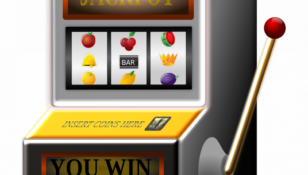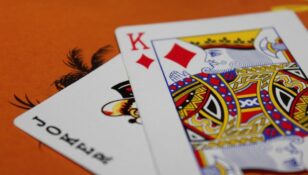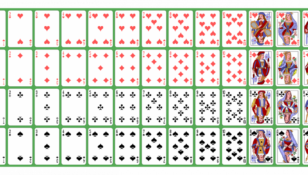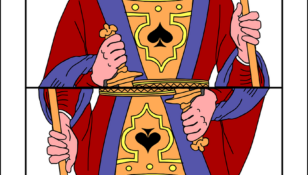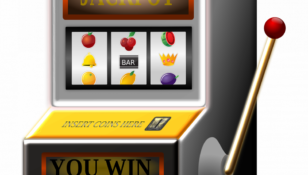Counting cards in blackjack is a popular strategy employed by skilled players in order to gain an advantage over the casino
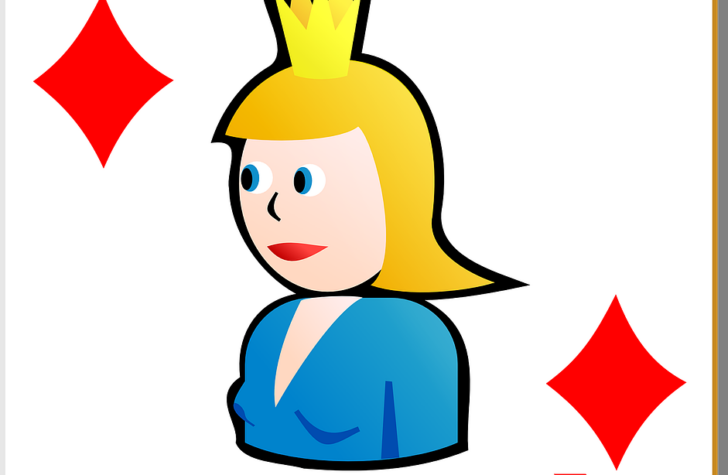
In this comprehensive article, we will delve into the intricacies of this technique, providing important information for individuals interested in casino games. We will also explore the historical evolution of counting cards in blackjack, tracing its development over time.
Introduction:
Counting cards in blackjack is a technique used by players to keep track of the cards dealt in a game. By mentally keeping a tally of the cards, players can adjust their betting patterns and make more informed decisions. It is important to note that card counting is not considered illegal, but casinos frown upon and often ban players who employ this strategy.
Understanding Card Counting:

To effectively count cards in blackjack, it is important to first grasp the basics of the game. Blackjack is a card game where players aim to achieve a hand total closer to 21 than the dealer’s hand, without exceeding 21. The game is typically played with multiple decks of cards, making card counting a viable strategy.
Card Values:
In blackjack, different cards hold different values. Number cards (2-10) retain their face value, while face cards (Jack, Queen, and King) count as 10. The Ace can count as either 1 or 11, depending on the player’s hand. Keeping track of these values is crucial when counting cards.
How Card Counting Works:
Card counting revolves around assigning a value to each card dealt. This value system, known as a counting system, allows players to track the ratio of high cards (10s and Aces) to low cards (2-6) remaining in the deck. This information provides insights into the probability of getting favorable hands.
There are various counting systems, with the most popular one being the Hi-Lo system. In the Hi-Lo system, players assign a value of +1 to low cards and -1 to high cards. This creates a running count of the deck’s composition. By dividing the running count by the number of decks yet to be played, players can calculate the True Count, giving a more accurate representation of the remaining high cards.
Historical Evolution of Card Counting in Blackjack:
The origin of card counting in blackjack traces back to the early 1960s when mathematicians and statisticians started exploring strategies to gain an edge in casino games. The most notable pioneer in this field was Edward O. Thorp, who published the groundbreaking book “Beat the Dealer” in 1962.
Thorp’s book popularized the concept of card counting and provided players with a systematic approach to beat the game. His strategies became widely adopted, creating a considerable stir in the gambling industry. As a result, casinos began implementing countermeasures, such as shuffling the decks more frequently or banning suspected card counters.
Despite the countermeasures, card counting continued to evolve, with players developing more refined techniques and counting systems. The popularity of books, movies, and television shows featuring card counting, such as “Rain Man” and “21,” further propelled the technique into the limelight, attracting both aspiring players and increased casino scrutiny.
The Impact on the Game:
The advent of card counting undoubtedly impacted the blackjack landscape, altering the dynamics of the game. The strategy shifted the odds in favor of skilled players, threatening the profitability of casinos. In response, casinos implemented changes, such as using more decks in a shoe, reshuffling more frequently, or even introducing continuous shuffling machines (CSMs) to counteract card counting.
These countermeasures made it more challenging for players to gain an edge through counting cards. However, with dedication, practice, and a deep understanding of the game, skilled players can still employ card counting techniques effectively.
Conclusion:
To conclude, counting cards in blackjack is an intriguing strategy that has captivated casino enthusiasts for decades. While not illegal, casinos remain vigilant in preventing skilled players from gaining an advantage. Understanding the basics of card counting, mastering counting systems, and staying abreast of the latest developments in the field can give individuals an upper hand in this thrilling casino game. However, it is essential to approach card counting responsibly and within the legal boundaries set by casinos.







